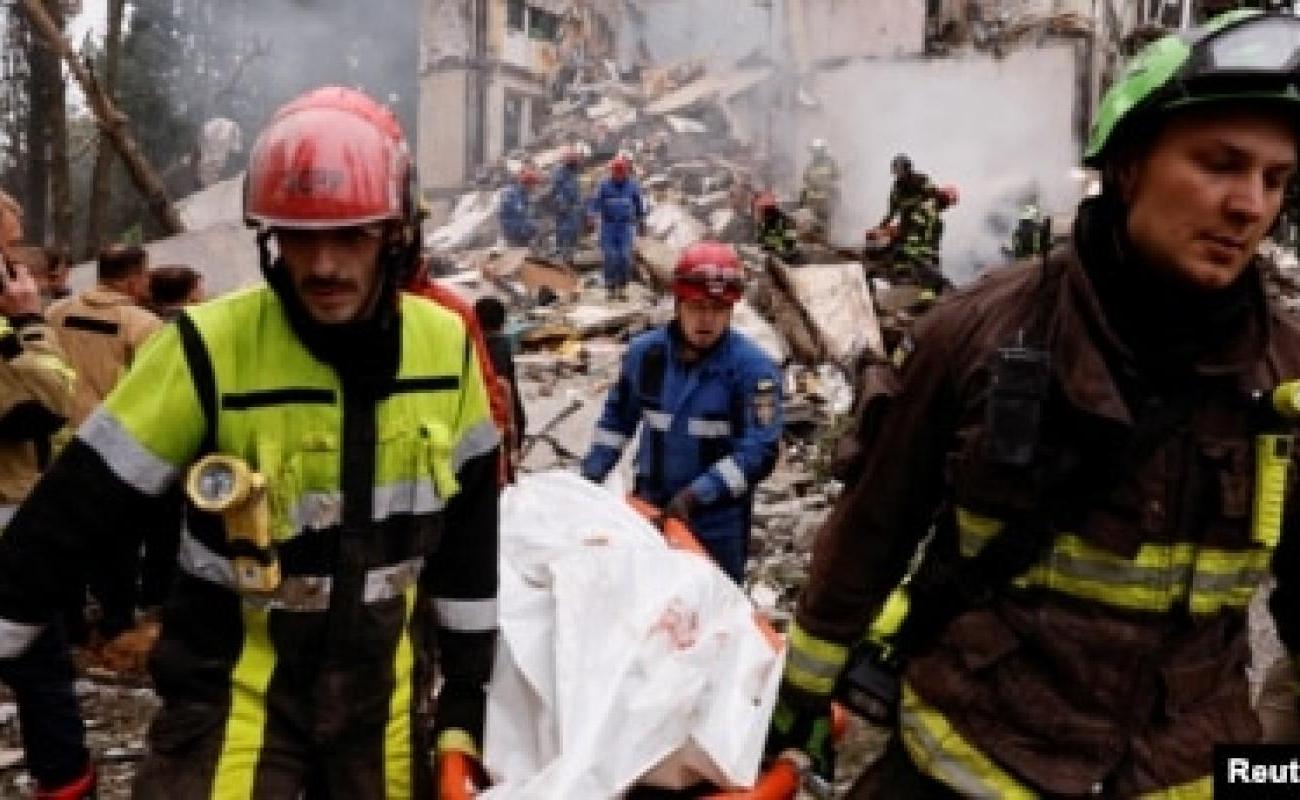Special Tribunal for the Crime of Aggression: How Will It Work and Who Can Be Prosecuted?

It is possible to agree that, after the Nuremberg and Tokyo Tribunals, the creation of the Special Tribunal for the Crime of Aggression could set a precedent for a judicial mechanism for prosecuting political leaders for the crime of aggression.
At the same time, one can also find skeptical assessments of the Tribunal's capabilities. Its activity can be reduced to sentences pronounced in absentia, without the presence of the accused in the courtroom.
On June 25, President Zelensky and the Secretary General of the Council of Europe Alain Berse signed an agreement on the creation of a Special Tribunal for the Investigation of the Crime of Aggression against Ukraine. The Special Tribunal will investigate the highest state leaders, but the pronouncement of a verdict will be possible only after they no longer hold state positions.
Incidentally, the UN international tribunals (ICTY and ICTR) and the International Criminal Court have ruled out the possibility of holding trials in absentia, fearing that this would lead to "show trials".
It was believed that conducting trials in absentia, if conducted by a tribunal created to try and punish persons responsible for serious violations of international law, would have a negative impact on its authority.
Instead, for example, the ICTY has decided that if trials in absentia aim to declare the guilt or morally punish the accused or the state that refuses to extradite him, then a public reading of the indictment in the order established by the procedural rules of the tribunal will achieve that effect.
As regards the specificities of the Statute of the Special Tribunal for the Crime of Aggression, attention should be drawn to the following points:
Which categories of persons may be subjects of the crime of aggression under the Constitution?
In accordance with Articles 2(1) and 4(1) of the Statute, the subject of this crime may only be a person occupying a position which enables him or her to effectively control or direct the political or military activities of a State.
Only such a person is responsible if he or she has planned, instigated, ordered or committed, or attempted to commit, the crime of aggression.
What are the powers of the Tribunal in relation to the so-called "Troika" (Head of State, Head of Government or Minister of Foreign Affairs)?
After the investigation, the Prosecutor sends the indictment to the President of the Tribunal for approval by the Pre-Trial Judge.
At the same time, under Articles 23(5) and 25(2) of the Statute, if the indictment concerns a Head of State, Head of Government or Minister of Foreign Affairs, the Pre-Trial Judge shall not approve the indictment and shall decide to stay the proceedings until that person has left office.
How will the Tribunal consider the case in the absence of the accused?
In accordance with Article 28 of the Statute, if the accused fails to appear before the Special Tribunal after the indictment has been approved, the trial may be held in his absence.
If the accused refuses or is unable to appoint a defense attorney, in that case the defense attorney is appointed by the Tribunal in order to ensure full representation of the interests and rights of the accused.
In the event of a verdict in the absence of the accused, the convicted person has the right to request that the case be re-examined in his presence before the Special Tribunal or the mechanism that will replace him.
